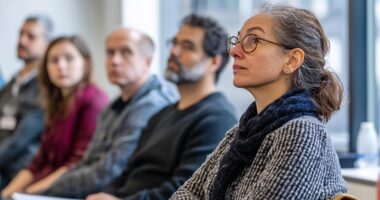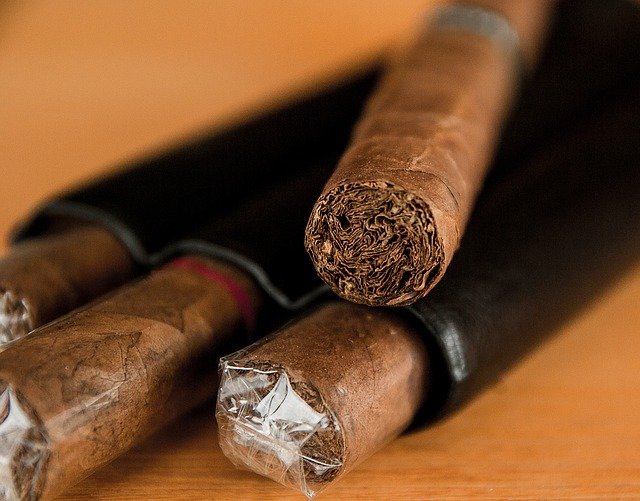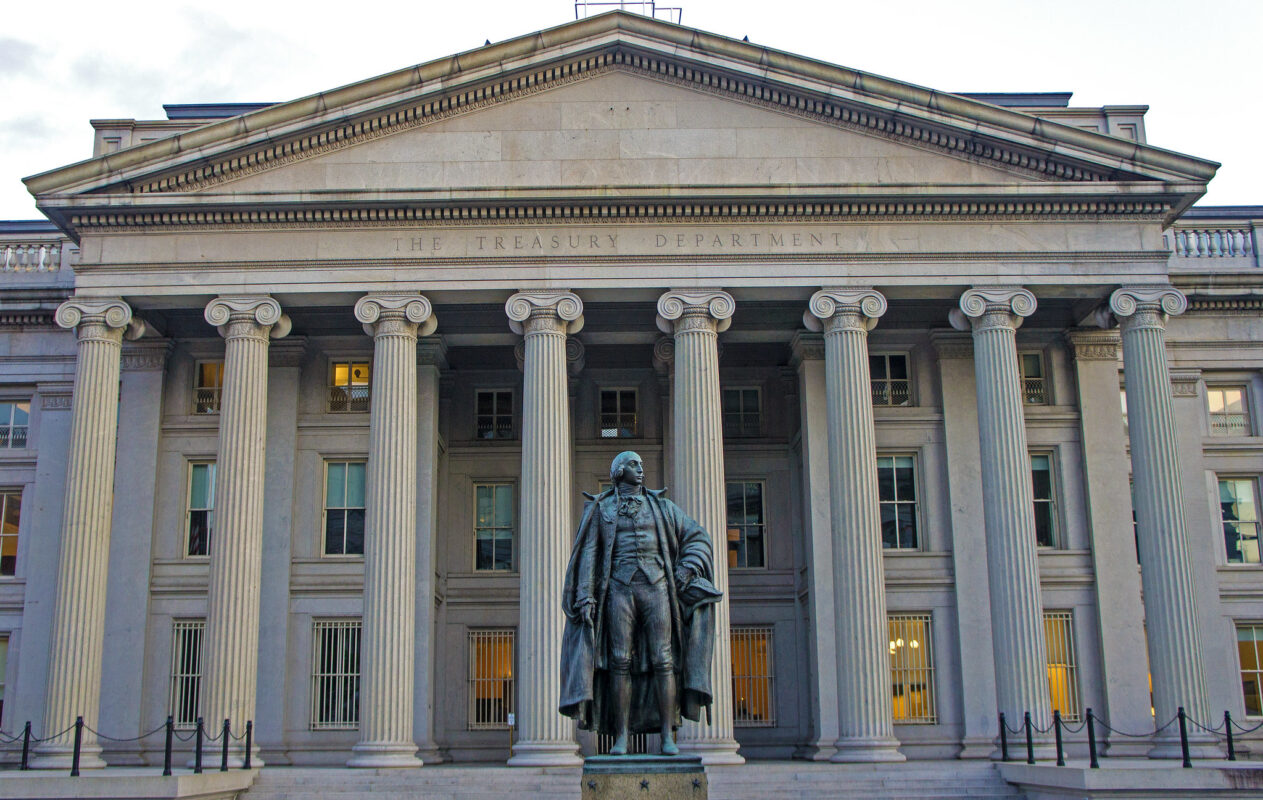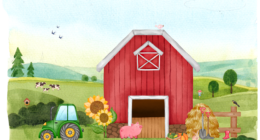Today, thanks to the Solutions Jourmalism Network, we are sharing stories from around the world as people, businesses, and institutions react to the coronavirus pandemic.
The CDC says that too much news consumption about coronavirus is bad for our health, and recommends taking breaks. But here’s a mental breather — stories about what our neighbors (in the global sense, which has never been truer) doing to protect people from the virus and its effects?
Let’s start with New Zealand, which has not just flattened its coronavirus curve — it’s squashed its curve, says the Washington Post. Prime Minister Jacinda Ardern put the country into lockdown very early. “We currently have 102 cases,” she said on March 23. “But so did Italy once.” The lockdown — which even includes a hunting ban — will last four weeks. So far, New Zealand has had only one coronavirus death.
Experts are warning that imposed family quarantine, while joyful for many families, can be deadly for others. Stress can increase intimate-partner violence. And women who live with abusive partners have no escape, and very little chance to ask for help.
So what are governments and communities doing to save lives? CNN reports that France is instructing women to go to a pharmacy — one of the few places still open — and say the phrase “Mask 19” to the pharmacist. In Philadelphia, where the courts are closed for everything else, they are still issuing protection-from-abuse orders, reports the Philadelphia Inquirer. And applicants in one Philly suburb who fear living with their partners can get a hotel room, paid by the county.
 There is some beauty to be found in this pandemic, such as the millions of acts of selflessness and kindness. By health workers and other first responders, of course. But also ordinary people. The British government put out a call for volunteers to help the National Health Service by delivering food, medicine and other essentials to the elderly. The New York Times reports that 750,000 people signed up — nearly half of them in the first 24 hours. Tens of thousands more participate through community-organized groups.
There is some beauty to be found in this pandemic, such as the millions of acts of selflessness and kindness. By health workers and other first responders, of course. But also ordinary people. The British government put out a call for volunteers to help the National Health Service by delivering food, medicine and other essentials to the elderly. The New York Times reports that 750,000 people signed up — nearly half of them in the first 24 hours. Tens of thousands more participate through community-organized groups.
For Kate Sellars, a volunteer in the London neighborhood of Hampstead, getting to know people has given her a new perspective on the community where she was born, she said — new friendships with people who would have been strangers on the sidewalk. “The big question is what happens when this is over?”
Closer to home: Emily Phillips in Celina, Texas, needed a place for her doctor husband to stay while he was working at the hospital, so he didn’t infect his family. CNN reports that Phillips posted a message on Facebook looking to borrow a recreational vehicle. Holly Haggard saw the post, and drove her RV over to Phillips. Now two women have created a Facebook group which matches RV owners with nearby health care workers who need a place to stay between long hospital shifts. The list of their hundreds of posts is beautiful — every post from a family that is saving lives.
And go here and enjoy this Los Angeles story from LAist of photographers taking beautiful portraits — through windows.
This post comes from the Solutions Journalism Network, a nonprofit organization dedicated to rigorous reporting about responses to social problems.








